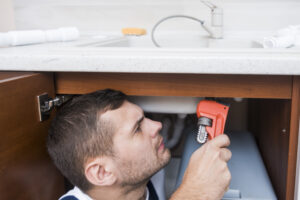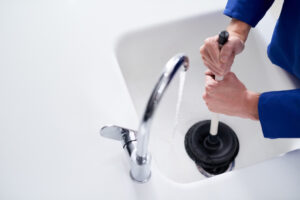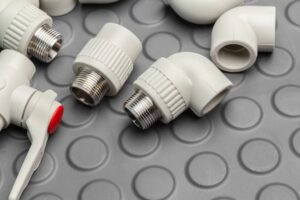Plumbers can Help Homeowners Choose the Best Water Filtration System
Are you confident that the water running from your tap is safe to drink? You might not know it, but your tap water might contain surprisingly high levels of contaminants, including bacteria, lead, and pesticides.
As the years go by, experts see that tap water is increasingly failing to meet health-safety guidelines, as laid down by the Safe Drinking Water Act.
Sadly, more homeowners are unknowingly endangering their health due to exposure to contaminated water. Since 2004, over 62 million people nationwide have been exposed to drinking water containing low concentrations of chemicals that are not regulated under federal law.
Bottled water might be the quickest way to have clean water, but a more permanent solution is having a water filtration system for your home.
What are your Choices?
There are four kinds of water filters for your home, each answering a specific problem with your water supply.
Reverse osmosis water filters are recommended for removing inorganic chemicals like salts, minerals, and asbestos. Carbon water filters work well in removing chlorine, herbicides, and pesticides. The portable water distillers, on the other hand, rids your water supply of dissolved solids and some organic chemicals. And UV water purifiers work best in killing all bacteria and viruses.
What’s Right for You?
All these filters ensure cleaner, better tasting water, but which of these types should you get for your home?
The first step in determining the right type is to learn what’s in your water by checking your consumer confidence report, or CCR. Homeowners are often provided with a CCR every year, but you can also find it in your local newspaper or posted at the local government website.
Keep in mind that the CCR merely tells you about the water in your municipality and not about the water coming out of your tap. You will need to seek help from companies like Infinity Plumbing Services, which also offers reliable water filtration service to homeowners in Broken Arrow, OK.
Knowing the contaminants present in your water supply can help you find the right filter that can solve your problem, since contaminant removal varies for every filter.
Aside from matching the filter to the contaminants in your water supply, you also need to decide which filter fits your family’s needs.
Make sure that the filter system is certified by the National Sanitation Foundation and is specifically designed to reduce the contaminants found on your water supply.
Finally, make sure that whatever water filtration system you choose, that you have them installed properly by professional plumbers.
Sources:
Water Filter Buying Guide, National Geographic
Water Filters Buying Guide, HomeTips.com
Water filter buying guide, Consumer Reports





